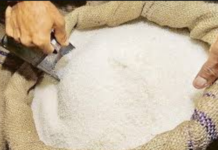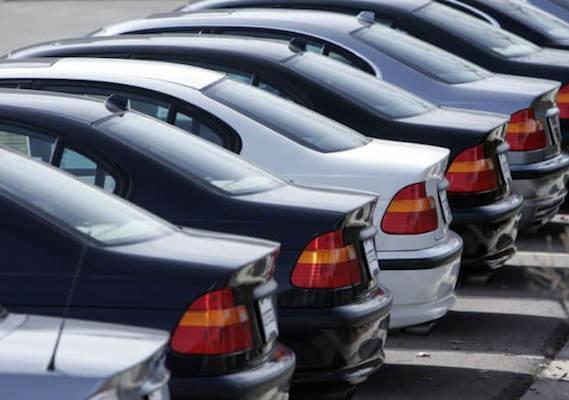ISLAMABAD: Industry sources reveal that during the first eight months of the fiscal year 2023-24 alone, the import of used cars has caused over Rs 45 billion in losses to the local industry and economy. Initially intended for overseas Pakistanis, the allowance for used car imports has been exploited through corrupt practices, with vehicles imported in their names for profit-making ventures, claims the industry.
Available documents highlight that favourable taxation and duty policies towards used car imports have also played a part in crippling the local assembling industry, leading to reduced demand for domestically assembled automobiles.
The automobile manufacturers are also concerned that grey channel transactions for used car imports pose a significant threat compared to legal transactions for local manufacturers, resulting in potential revenue losses for the economy.
Furthermore, despite an unwavering resolve to manufacture a substantial portion of car parts locally, unfavourable policies have led to inefficient production facilities, job losses, and a lack of motivation to boost the local industry.
As per the documents shared with concerned ministries, countries that manufacture automobiles locally typically do not allow used automobile imports, preferring to support and nurture their domestic industries. The local automotive industry claims to provide millions of direct and indirect jobs, and the imposition of partial and unfavourable policies puts these livelihoods at risk. Despite numerous local manufacturers and import options, high taxes and duties make automobiles inaccessible to the majority, hindering market growth.
Despite facing these challenges, the local automotive manufacturers continue to persevere according to the figures that they shared with the government:
Over $2.5 billion invested with a production capacity of 500,000 units per annum, albeit reduced to around 100,000 during the current fiscal year.
Vendor Industry: Supporting close to 2,200 tier-1, tier-2, and unrecognised vendors, fostering a network of job opportunities.
Local Parts Purchase: In FY 22, local parts purchases amounted to Rs 250 billion, showcasing a significant contribution to the local economy.
Tax Contribution: The local automotive industry contributed Rs 400 billion in taxes during FY 22, highlighting its substantial fiscal contribution.
Import Bill: Local manufacturers contributed only $577 million (1.12%) to the overall import bill of over US$ 45 billion for FY 23, underscoring the industry’s reliance on domestic production.
According to industry suggestions, the government should immediately discourage or regulate used car imports to support local industry growth and competitiveness. Besides, policymakers should engage in creating mutually beneficial policies that foster industry growth and job creation. Furthermore, relevant authorities need to implement consistent policies that enable the local industry to thrive and contribute positively to the economy.
Highlighting the severe damage caused by used car imports to the local industry, economy, business growth, and job prospects is essential. Urging authorities to either halt or impose stringent regulations on such imports is crucial to allowing the local industry to flourish, create jobs, and contribute more effectively to the economy. Positive engagement with policymakers is crucial to advocating for unbiased policies that support local industry growth and align with national development goals.
It’s worth noting that the Pakistani automotive market faces challenges from policies that undermine its growth. Despite being among the select few countries with a complete vehicle manufacturing segment, the industry struggles against unfavourable regulations. Despite these hurdles, it claims, the industry continues to localise production and contribute significantly to the economy through legal, transparent transactions.
























